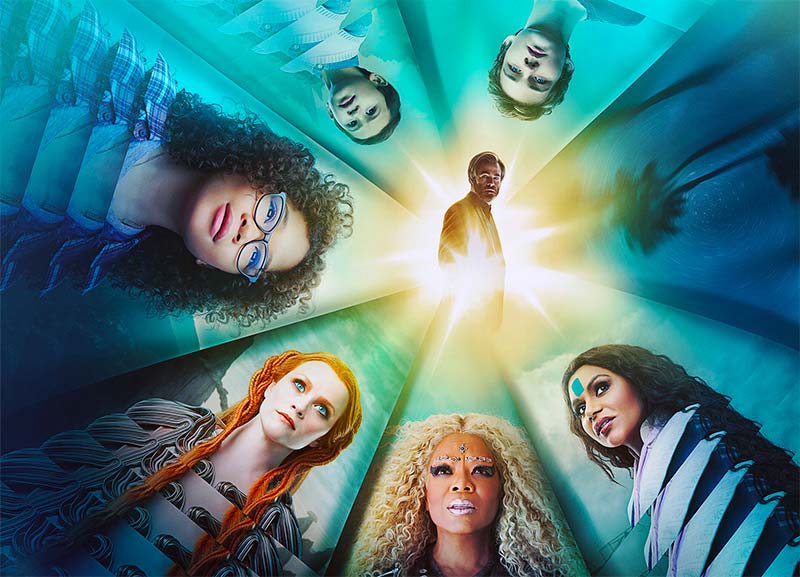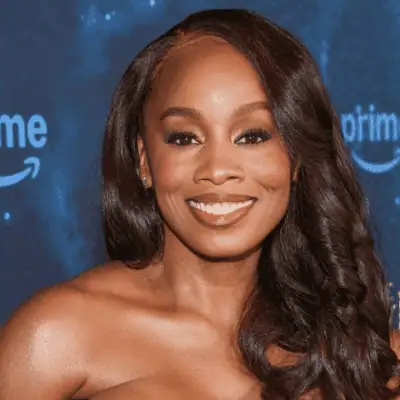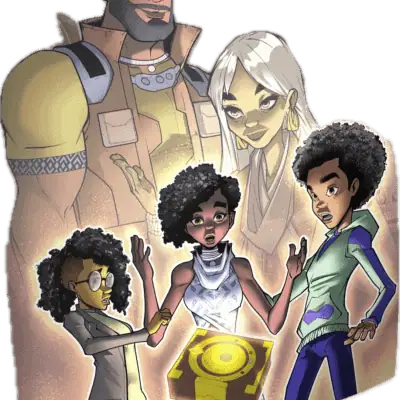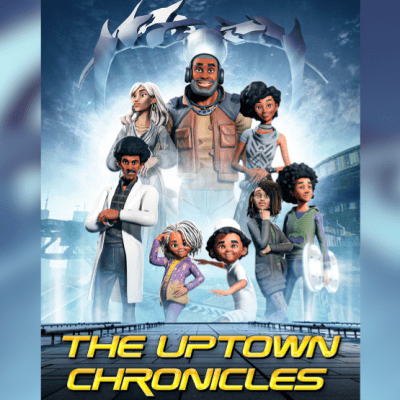
The following review contains light spoilers. Proceed at your own risk.
A love song for the little girls of color dealing with issues of self-esteem brought on by loss and family trauma, A Wrinkle in Time uses the metaphor of meditation to promote acceptance, self-love, and strength. While the original book is said to be based off the author’s own Christian background, and the binary of good and evil are definitely present, this movie version seems to further complicate the original analysis of spiritual underpinnings. Complete with beautiful costumes and scenery as well as DuVernay’s signature close cuts of hand movement and placement to highlight the importance of touch as a medium, this film offers viewers multiple entry-points for enchantment and analysis.
Throughout the film, friend and admirer, Calvin, constantly affirms Meg; not only does he compliment her hair (which makes me a little uncomfortable, because of the pervasive festihization of black persons, but that is more reflective of my own preoccupations), but tells her that she is incredible. After she calculates complex physics in time to get them out of life or death situation, Calvin delivers his admiration of her intellect. He appreciates her mind, her personality, and her looks. In a world where people and their institutions make it their mission to tear down little black girls, this constant affirmation of Meg’s beauty and brilliance practically through every character in the film and eventually from her own mouth is touching to say the least.
While all of the children use their talents to bring such raw and palpable emotion through the screen, Deric McCabe’s performance as George Wallace was particularly captivating because of his range. In the beginning of the film he does such a great job of bringing the love of his character’s sister to life that you feel yourself melting as he shouts words of encouragement to her through her emotionally difficult moments at home and school. Once taken over by the evil spirit of the “IT” George Wallace spews cutthroat judgments about Meg and Calvin, with such “stank” it hurts. It is actually reminiscent of our current culture where being petty and throwing shade are standards for communication and interaction. However, once witnessing these harsh judgements being spit from the mouth of the formerly sweet and encouraging child, we can feel the severity our pettiness and thus we can reflect on how our own society has become infected by the IT.
Perhaps the most beautiful moment comes at the end of the film where Meg loves her brother through his darkness by embracing her flaws and wildly declaring herself to be deserving of love NOT in spite of them, but because of them. I cannot recall a film where I saw such tenacious self-love from a little girl of color. The girl who had been emotionally stunted because of the disappearance of her father has been transformed into an assertive, self-loving, young lady. Her willingness to face her pain in order to save her father provides her with practices of self-affirmation that not only restore her, but develop her beyond what she could ever imagine. She has gifted herself the power to see herself. What an awesome and inspiring message for our youth, and ourselves.






